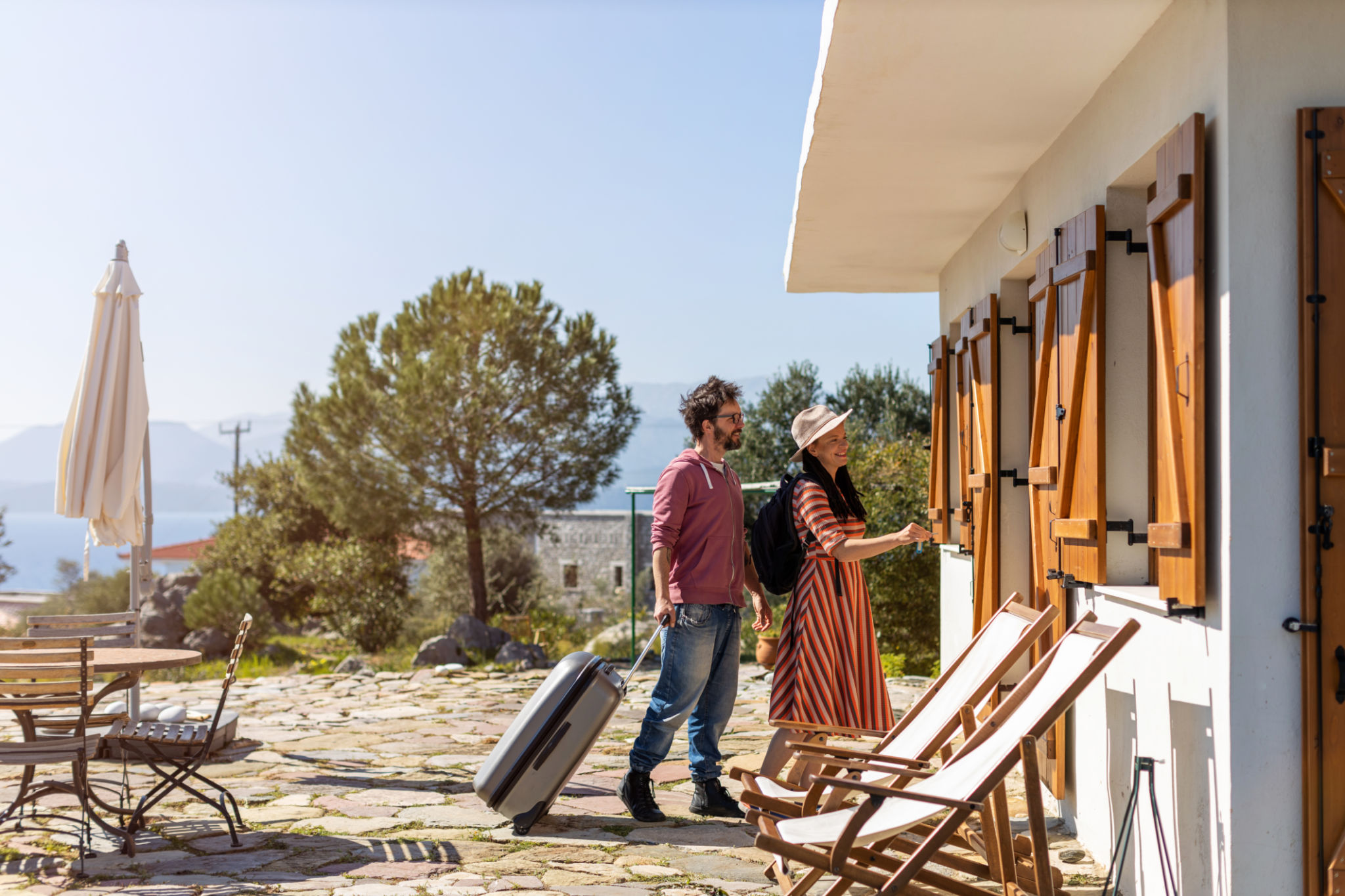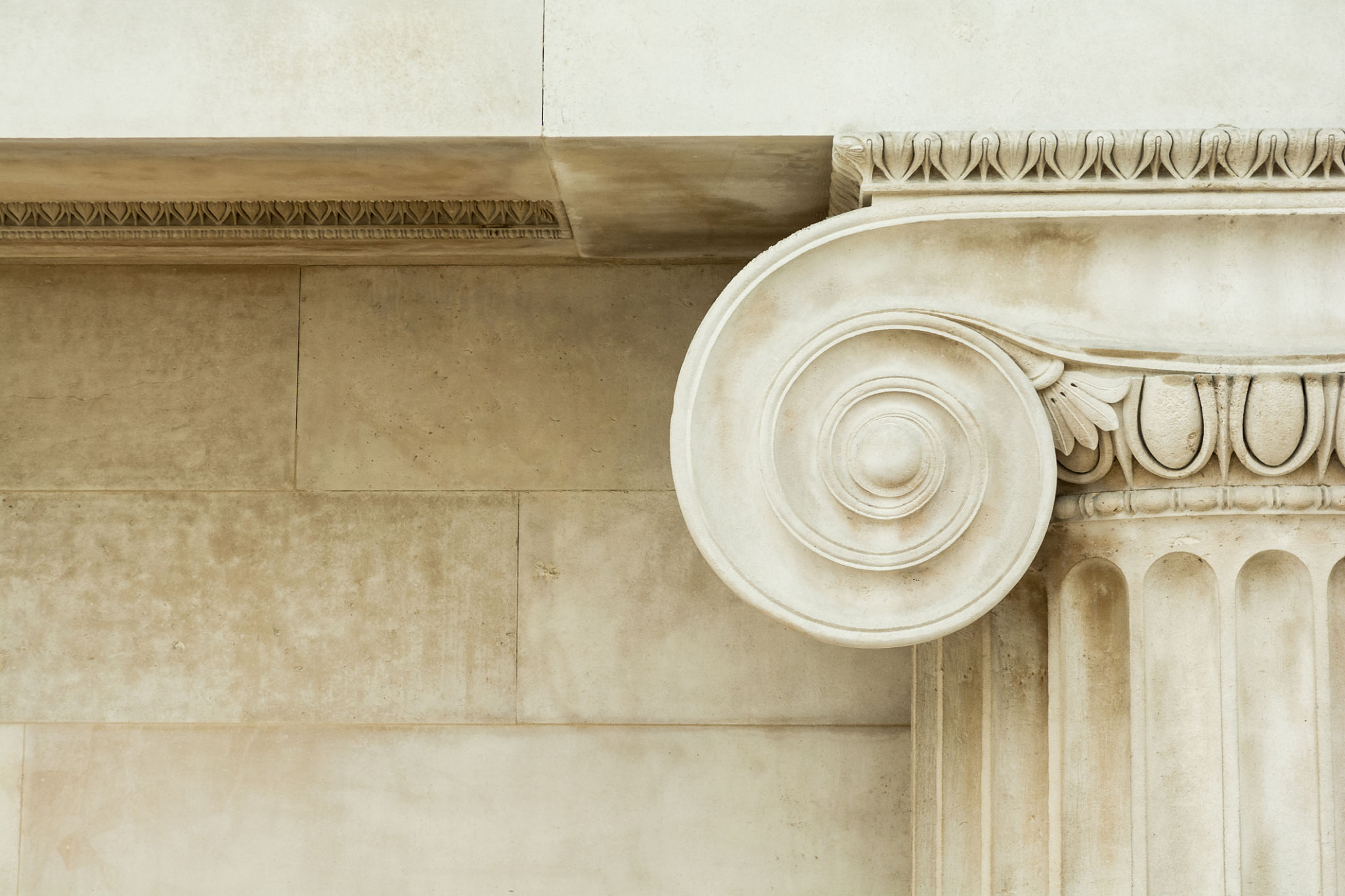Greek Travel Tips: Navigating the Cultural Etiquettes
Understanding Greek Greetings
When traveling to Greece, it's essential to understand the local greeting customs. A warm handshake is a common greeting among strangers, but among friends and family, you might experience a kiss on both cheeks. This gesture is a sign of friendship and respect. In business settings, a firm handshake accompanied by direct eye contact is the norm.

Addressing People Properly
Addressing people correctly is crucial when navigating Greek social etiquette. It's customary to use titles such as "Mr." or "Mrs." followed by the person's last name when meeting someone for the first time. As you become more familiar, you may be invited to use first names. Showing respect through proper address is appreciated and often reciprocated.
Remember, Greeks value personal relationships, so taking the time to learn and use these conventions can help you establish a positive rapport. In more casual settings, especially among younger Greeks, first names are used more freely.
Dining Etiquette in Greece
Dining in Greece is a cultural experience filled with tradition and hospitality. When invited to a Greek home for a meal, it is polite to bring a small gift, such as wine or sweets. Once at the table, wait for the host to begin eating before you start. If dining out, it is common for the host to pay the bill, although offering to contribute is seen as courteous.

Food and Drink Customs
In Greece, sharing meals is an essential aspect of social life. It’s customary to try a bit of everything offered, as refusing food might be considered impolite. When it comes to drinking, clinking glasses and saying "Yamas" (cheers) is a common practice. Be sure to make eye contact while doing so—a gesture believed to show sincerity and trust.
Coffee culture is also significant in Greece. Ordering a Greek coffee involves specific terminology: "sketos" for no sugar, "metrios" for medium sweetness, and "glykos" for sweet. Enjoying coffee is often a leisurely affair, so feel free to sit back and relax.
Dress Code Considerations
Dress codes in Greece vary depending on the context. In religious sites such as monasteries and churches, modest attire is required. Men should wear long pants, and women should cover their shoulders and avoid short skirts. In urban areas like Athens or Thessaloniki, smart-casual wear is suitable for most occasions.

Beach Attire Expectations
Greece boasts stunning beaches where dress codes are more relaxed. Swimsuits are perfectly acceptable by the water, but it's respectful to cover up when leaving the beach area or entering shops and restaurants nearby. A light cover-up or shirt will suffice.
Understanding Social Norms
Greek culture places a high value on hospitality, known as "philoxenia," which means love of strangers. This cultural trait ensures that visitors often feel welcomed and cared for. Accepting offers of hospitality graciously is key to experiencing genuine Greek warmth during your travels.
Punctuality is another aspect where understanding local norms can enhance your stay. Greeks have a more relaxed approach to time, especially in social settings. Being a few minutes late is generally acceptable, but it's always best to communicate any delays.
